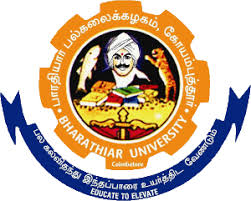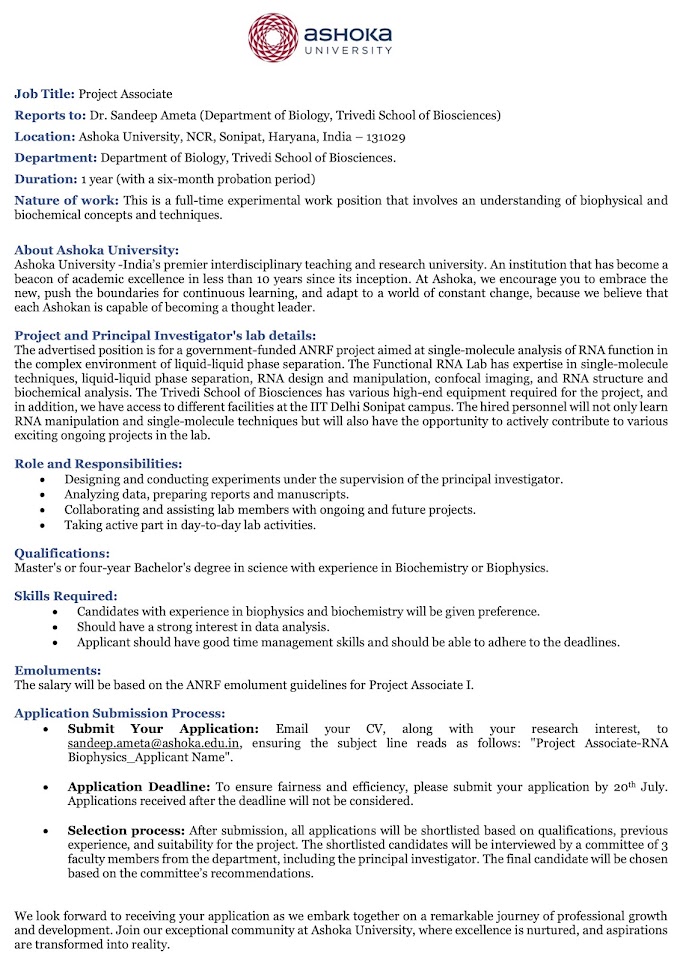Indo-US Joint Workshop on ‘NeuroAIDS in India: Current Findings and Future Directions’
24th and 25th September, 2013
Organized by
National AIDS Research Institute (NARI), Pune
Indian Council of Medical Research
&
HIV Neurobehavioral Research Programme, San Diego
Funded by
Indo US Science and Technology Forum
Background: People with HIV infection are living longer and better due to improved access to antiretroviral therapy. Though neurological opportunistic infections are on decline, non opportunistic conditions like HIV associated neurocognitive impairment (HAND) remain prevalent. It has been shown that the impaired cognitive performance can affect routine activities, employment, adherence to treatment and quality of life. The studies have been conducted globally, but the data on the prevalence and co-factors associated with HAND available from systematically conducted research in India is scanty.
This workshop will give opportunity to scientists from both the countries to share data from their own studies, as well as their views and methods relating to HAND in HIV infected individuals.
National AIDS Research Institute is organizing an Indo-US Joint Workshop on ‘NeuroAIDS in India: Current Findings and Future Directions’ under the aegis of Indo US science and Technology Forum, to mark the completion of Indo-US collaborative RO1 grant on NeuroAIDS. The workshop will be held on 24th and 25th September at National AIDS Research Institute Pune.
The workshop will provide opportunity for young scientists and students (limited to 15 participants) to attend and present their research work. We are especially inviting clinicians, PhD and MSc students to submit posters. The details are mentioned below:
EXPECTED CONTRIBUTIONS
A Research contribution to the workshop consists of two separate items:
A 1-3 page short paper as a summary of the student research results on the relevant topic or
a Case report to be included in the workshop proceedings.
A Poster to be exhibited in the hall of the workshop venue.
FORMAT
The poster should be maximum size: 120 cm wide and 90 cm tall. The presenting authors are responsible for printing and placing their Poster on the stands provided by the organizers.
DEADLINE FOR SUBMISSIONS: August 15, 2013
Abstract Structure
Abstract in the poster should be structured as follows:
• Background: Indicate the purpose and objective of the research, the hypothesis that was tested or a description of the problem being analyzed or evaluated;
• Methods: Describe the setting/location for the study, study design, study population, data collection and methods of analysis used;
• Results: Present as clearly and detailed as possible the findings/outcome of the study, with specific results in summarized form.
• Conclusions: Briefly discuss the data and main outcome of the study.
Font A standard font, e.g. Arial 11 point, should be used when formatting the text.
Word Limits The abstract text body is limited to 350 words. Titles are limited to 30 words. A maximum of three tables and three graphs/images can be included: a graph/image (in JPG, GIF or PNG with ideally 600 dpi) counts as 50 words and a table counts as 10 words per row.
HOW TO SUBMIT YOUR CONTRIBUTION Please submit your posters to director@nariindia.org with a copy marked to mghate@nariindia.org and tmarcotte@ucsd.edu . Acceptance will be e-mailed by August 30th
SCHOLARSHIP The majority of scholarships will be offered to students who would directly contribute to the conference programme through poster presentation. Applicants are requested to write to the Director through the e-mail addresses director@nariindia.org for a full scholarship
A full scholarship includes:
• Travel (post-paid AC II tier railway/road travel at the lowest fare available);
• Accommodation (in another ICMR organization for the days of the conference) that includes breakfast, lunch and dinner. Separate daily allowance will not be provided for the applicants.
Dr. R. S. Paranjape
Director
National AIDS Research Institute
Pune-411026
Phone:020-27331200
Advertisement:












0 Comments